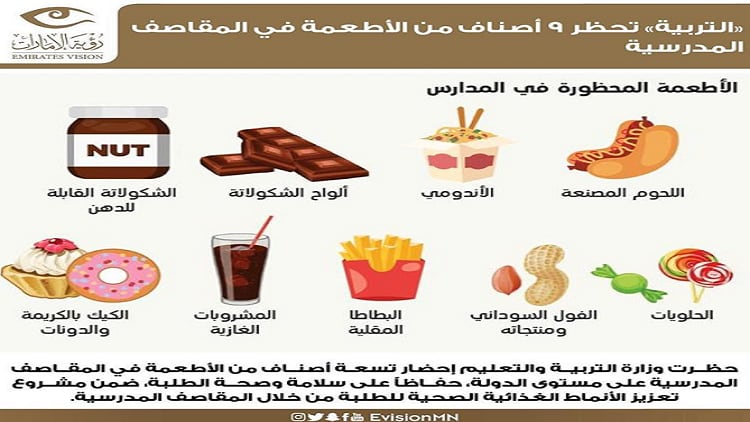The ban was announced earlier this month by Amrin Amin, Senior Parliamentary Secretary for Health during the ministry’s 2019 budget debate.
“We will be introducing a ban on partially-hydrogenated oil (PHO) in our food,” said Amin.
“[The] current trans fat regulation only applies to fats and oil. This ban will also extend to pre-packaged food products such as snacks, baked foods, prepared meals and fat spread. PHO is a major source of artificial trans fat in these foods.”
Amin added that this would build on current Singapore laws that required food manufacturers to declare and limit trans fat amounts, which successfully halved local trans fat intake in the country from some 2g per day in 2010 to 1g per day in 2018.
“Banning PHO should not have an adverse effect on Singaporeans’ food options and cost. MOH has consulted the local food industry, who are generally supportive,” he said, adding that the industry would be ‘given time’ to make the necessary adjustments.
“United States (US), Canada, and Thailand have also banned PHO.”
Trade organisation Food Industry Asia (FIA) said reformulation as a whole had an ‘important role’ to play in encouraging healthy behaviours.
“The food industry recognises the important role it plays in nudging healthier behaviours among consumers and [will also continue] to deliver better nutrition through the development of healthier products,” said Steven Bartholomeusz, FIA Policy Director.
“Efforts include accelerating innovation and reformulation in response to these growing health and nutrition challenges."
Bartholomeusz added that a 2018 IGD study on product reformulation in Singapore revealed that some 80% of local companies had already begun to reformulate their products, and for some, this had been ongoing for many years.
“In addition to (reducing) sugar, reducing salt/sodium and trans-fats were [also identified as company priorities. To date, many food manufacturers have already carried out extensive efforts to reduce or remove artificial trans-fats from their food products,” he said.
“According to the Ministry of Health, less than 10% of food products in the market today contain PHOs, and this is an indication of industry reformulation efforts.”
According to Amin, artificial trans fat is harmful to health, and the World Health Organisation (WHO) has said that it increases the risk of cardiovascular diseases.
“[The WHO has also said that trans fats have] no known health benefits, [and] has called for countries to remove artificial trans fat from the food supply,” he added.
This ban would make Singapore the second country in South East Asia to implement such a ban, after Thailand brought a similar ban into force earlier this year.
The Food Safety and Standards Authority of India (FSSAI) also aims to make India a trans fat-free nation by 2022, and has proposed a trans fat limiting law in vegetable oils and fats in line with this, which would reduce permitted levels from 5% by weight to 2%.
“We are in discussions with the industry to persuade them to reduce the amount of trans fatty acids in edible oil,” said FSSAI CEO Pawan Kumar Agarwal
“[FSSAI is also] conducting various studies and getting opinions of medical experts on whether this needs to be further reduced.”
Current trans fats law
The upcoming ban on trans fats will apply to PHOs found in pre-packaged foods, whereas the existing regulation actually only applies to fats and oils.
According to the Singapore Statutes website, the ban was implemented back in 2012 after the 1998 Singapore Food Regulations were altered to limit the amount of trans fats allowed in fats and oils sold locally.
“Prepacked edible fats and oils for sale or for use as an ingredient in the preparation of foods shall not contain trans fatty acids at levels exceeding 2% (weight-for weight),” said the law.
It covered all fats and oils that are either locally manufactured or imported, and which are supplied to either food manufacturing companies, retail outlets, or food service outlets.





